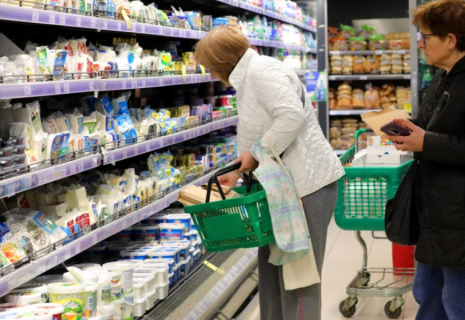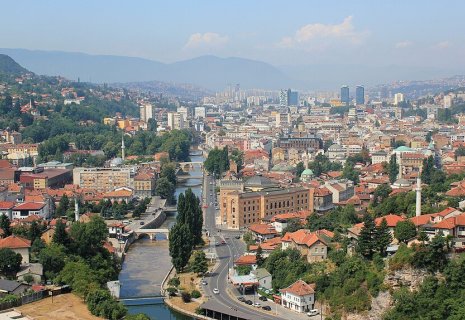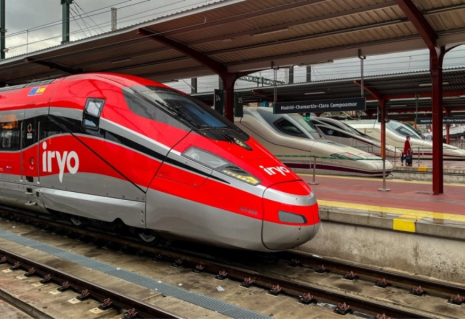
Romania’s agriculture loses major value
Romania has significant agricultural resources, being the fifth-largest agricultural area in the EU and one of the biggest grain producers, but it faces major value losses along the domestic supply chain, according to an analysis conducted by Deloitte Romania at the request of the Employers’ Confederation Concordia.
The study examines the added value and contribution of three strategic sectors to the national economy: primary agricultural production, food processing, and agri-food distribution and retail, CE Report quotes AGERPRES.
“The low degree of integration in value chains and the limited processing capacity lead to significant losses in added value. The bottlenecks are different across the three links, but they result in the same outcome: an agricultural economy that performs well in volume but poorly in added value,” the analysis states.
In the primary agricultural production sector, the study shows that production is strongly affected by: excessive land fragmentation (over 90% of farms have under 5 hectares), the advanced age of farmers—over 44% are over 65, the highest level in the EU—poor infrastructure such as insufficient irrigation, limited storage, outdated technical equipment, and high losses in horticulture and milk, where a significant share of production never reaches processing. These factors limit Romania’s ability to capitalize on its own resources and contribute to high imports of meat, dairy, vegetables, and fruit.
The main recommended action directions include: rapid investments in collection and storage centers for horticulture and milk, accelerating land registry (cadastral) processes and encouraging long-term contracts, programs dedicated to young farmers and associative forms, and expanding irrigation and local infrastructure (farm roads, refrigerated storage).
Regarding food processing, the analysis shows that this is the sector with the greatest potential but also the most underused.
“Processing remains the segment where Romania loses most added value. According to the study: productivity is three times lower than the EU average; some processing units operate at only 10–20% capacity, especially in meat processing; technological modernization is insufficient; there are financing difficulties, especially for SMEs; and value chains are incomplete,” the report notes.
Recommended actions for this sector include a strategic program for technological modernization and energy efficiency, facilitating financing for investments and working capital, encouraging the use of by-products, promoting vertical integration between farmers-processors-retailers, and developing proactive export policies.
With regard to distribution and retail, the analysis confirms that distribution performance depends on balancing relationships along the entire chain. Currently, collection, sorting, and storage infrastructure is insufficient—especially in rural areas—many local products cannot reach retail chains due to lack of standardization, inadequate packaging, and unpredictable volumes. Short supply chains are poorly developed, producer associations are not yet functional, and the market needs a coherent certification framework as well as visible national brands.
According to the analysis, recommended actions include developing regional collection centers and modern wholesale markets, supporting producers in professionalizing marketing, packaging, and labeling, ensuring transparency in quality standards and fair evaluation mechanisms upon delivery, joint initiatives to promote Romanian products, and strengthening cooperation between producers, processors, and retailers.
The study and its recommended action directions aim to provide a solid analytical base for public policy reforms: reducing the trade deficit, increasing added value, modernizing agri-food chains, and contributing to structured dialogue with the Romanian Government, Parliament, and stakeholders across the agri-food chain on short- and medium-term policies.
The analysis was conducted by Deloitte Romania at the request of the Employers’ Confederation Concordia, within the project “Strengthening Concordia’s Capacity for Social Dialogue” (SMIS code 302141), funded through the Education and Employment Program 2021–2027.
The Employers’ Confederation Concordia represents 20 of the most important sectors of the Romanian economy and is a nationally representative social dialogue partner. With a 30% contribution to GDP and more than 450,000 employees across 3,900 large and small companies with Romanian and foreign capital, Concordia is the only Romanian organization that is a member of BusinessEurope, the International Organization of Employers (IOE), and Business at OECD (BIAC).






















